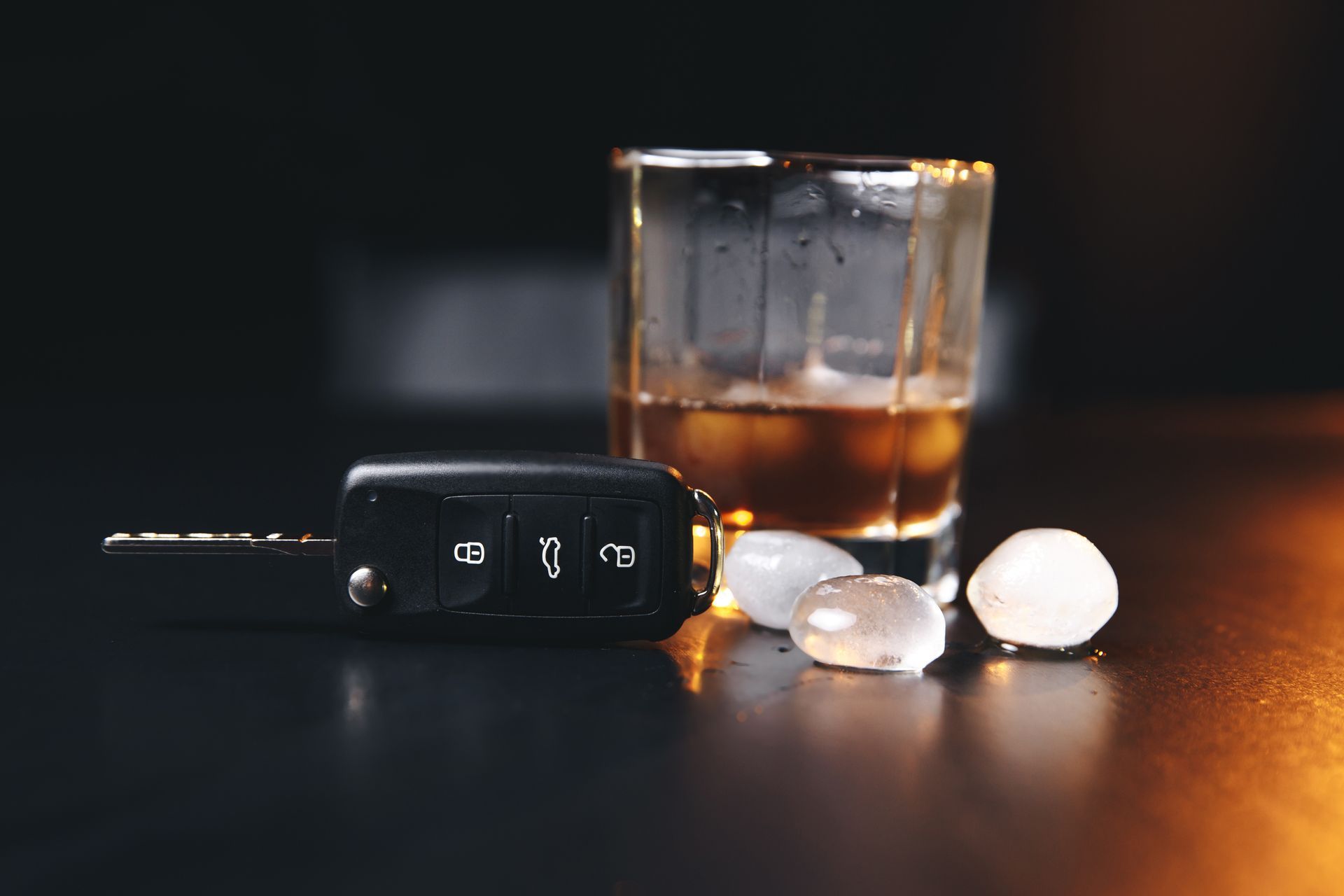Contact Us
Phone: 912-600-3352
Location
323 West York Street
Savannah GA 31401
Hours
- Mon - Fri
- -
- Sat - Sun
- Closed
Schedule a Case Evaluation
Contact us 24/7!
Hours
- Mon - Fri
- -
- Sat - Sun
- Closed
24/7 Phone Availability
Disclaimer: The information on this website is for general information purposes only. Nothing on this site should be taken as legal advice for any individual case or situation. This information is not intended to create, and receipt or viewing does not constitute an attorney-client relationship.
© 2026
All Rights Reserved | The Law Office of Kurtis C. Bronston, LLC | Powered By Convert It Marketing | Privacy Policy
© 2026
All Rights Reserved | The Law Office of Kurtis C. Bronston, LLC | Powered By Convert It Marketing | Privacy Policy











